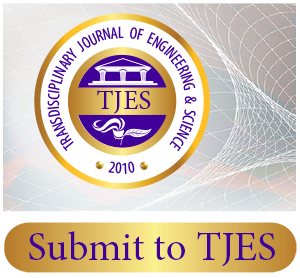Harnessing Transdisciplinary Knowledge: Integrated Deep Learning Techniques for Accurate Tomato Leaf Disease Classification
Abstract
The study proposes a transdisciplinary approach integrating knowledge from fields such as
computer science, botany, and data science to classifying leaf diseases. We integrated two deep-learning
models that combine the strengths of the Inception network and the ResNet architecture to address the
challenge of accurately classifying tomato leaf diseases. The Inception network’s ability to quickly pick up
visual features on multiple scales is used to pull out fine-grained details that are needed to tell the difference
between small changes in the shape of tomato leaves and disease symptoms. The ResNet architecture is
good at learning deep representations and getting around the vanishing gradient problem. This lets the
model learn the high-level concepts and complicated connections between different tomato leaf disease
patterns. The integration of these two powerful deep-learning techniques results in a robust and highly
performant tomato leaf classification model. Extensive tests on a 10-class dataset of tomato leaves, with 9
disease categories and 1 healthy class, show that the proposed model works better than others, with a test
set accuracy of 98.07%. The findings of this research contribute to the advancement of automated and
efficient tomato leaf disease detection systems, which can aid in the early identification and management of
tomato diseases, leading to improved crop yields and quality.


